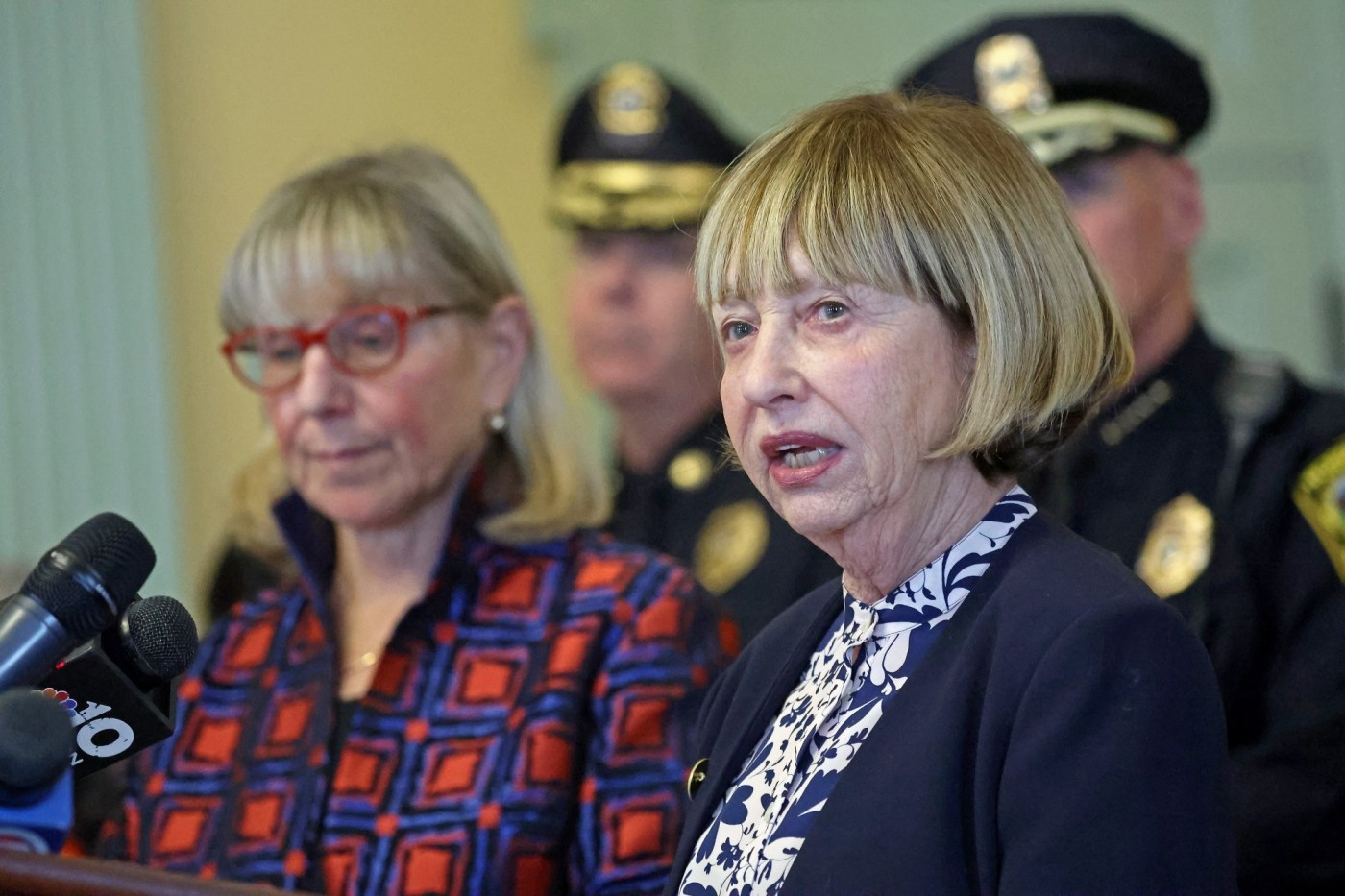
A recent wave of Nobel Prize wins has underscored the pivotal role of U.S. universities in scientific advancement. Over a span of three days, six scientists affiliated with American institutions received Nobel Prizes, highlighting the contributions of public universities, particularly those within California’s higher education system.
President Donald Trump has intensified his criticism of universities, claiming they fail to uphold free speech and manage student behavior, which he argues has led to rising antisemitism on campuses. Critics assert that Trump’s approach largely involves financial threats rather than constructive dialogue. He frames these actions as efforts to save taxpayer money, suggesting that cutting funding will lead to significant savings: “We will cut funding by X$ and thereby save Y$.”
Among the Nobel laureates, immunologists Mary Brunkow and Fred Ramsdell were awarded the Nobel Prize in Medicine alongside Shimon Sakaguchi, who is based at Osaka University in Japan. Both Brunkow and Ramsdell have strong ties to California, with Ramsdell receiving both his undergraduate and doctoral degrees from the University of California, San Diego and Los Angeles, respectively.
In the realm of Physics, three scientists—one British, one French, and one American—shared the Nobel Prize. Notably, John Martinis, who earned all his degrees from the University of California, Berkeley, contributed to groundbreaking research in quantum mechanics. Similarly, Omar Yaghi, a chemistry professor at Berkeley and a Nobel Prize recipient in Chemistry, has roots in both the State University of New York at Albany and the University of Illinois at Urbana-Champaign.
Impact of Funding Cuts on Research and Innovation
The ongoing financial pressures faced by U.S. universities have raised alarm bells among educators and researchers. President Trump’s administration has proposed significant funding cuts, threatening approximately $584 million in federal grants at UCLA alone. This is part of a broader strategy that some interpret as a “shakedown” for political support.
California lawmakers are contemplating a bold response: a $23 billion bond measure for the 2026 ballot to replace lost federal funding for scientific research. If approved, this measure would allow California to provide grants and loans to its universities and research institutions independently of federal support, effectively bypassing the National Institutes of Health (NIH), the largest global funder of medical research.
As California faces a potential loss of federal funding, 24 campuses within the University of California and California State University systems have already lost NIH training grants. The proposed bond measure is seen as a necessary step to maintain California’s status as a leader in research and innovation.
Broader Implications for American Higher Education
The situation in California resonates beyond state borders. Other states, including Washington and Oregon, are forming coalitions to address similar concerns regarding scientific data and vaccine recommendations. This collective effort aims to provide alternative pathways for research funding in light of federal cutbacks.
The implications are significant. If California secures its funding and bypasses federal support, it could set a precedent for other states, particularly those with strong university systems. The potential shift in funding dynamics raises questions about the future of U.S. higher education and its ability to lead in global research.
As the debate continues, many within the academic community express concern that the current administration’s policies may undermine the very institutions that have historically driven American innovation. The ongoing battle for funding reflects a broader struggle over the direction of education and research in the United States, with implications that could affect generations to come.
In summary, the recent Nobel Prize wins serve as a reminder of the critical role that universities play in advancing knowledge and innovation. The actions taken by the Trump administration may have far-reaching consequences for these institutions, their research capabilities, and the future of American higher education.





